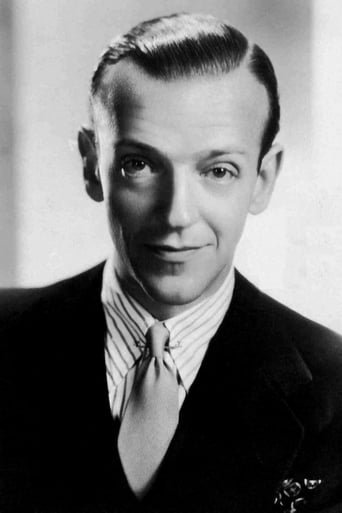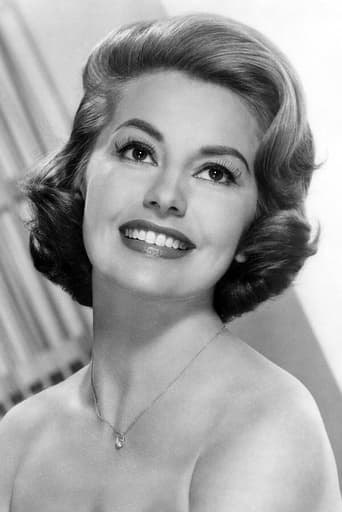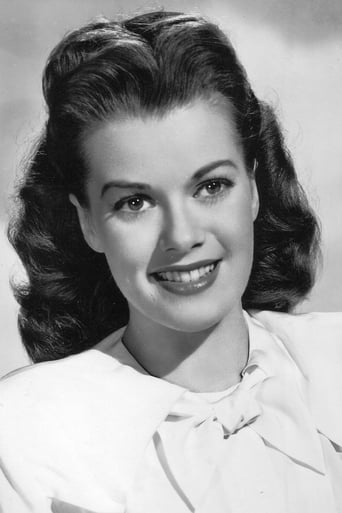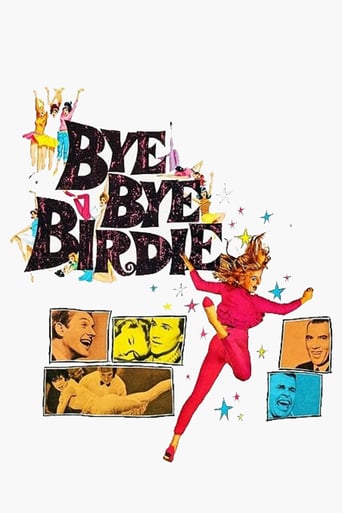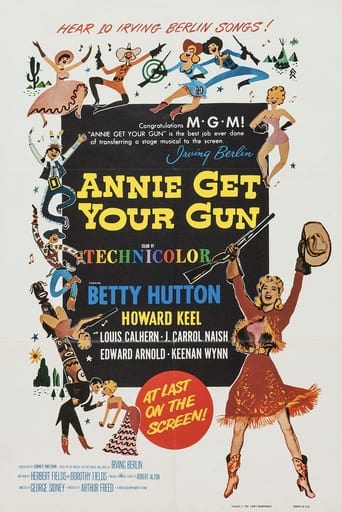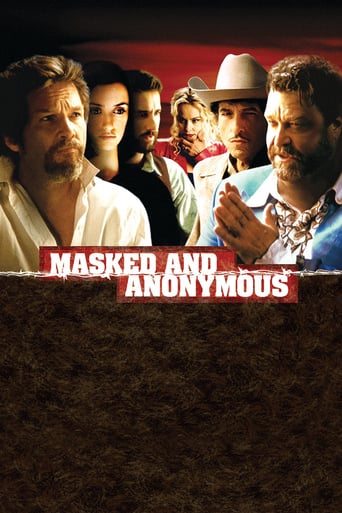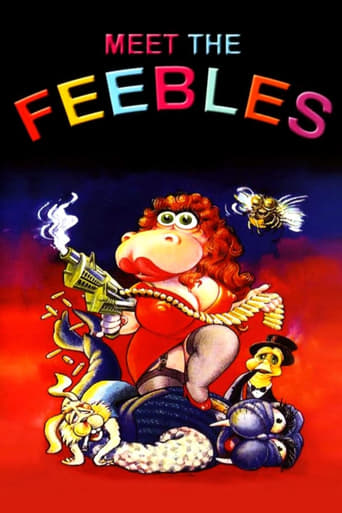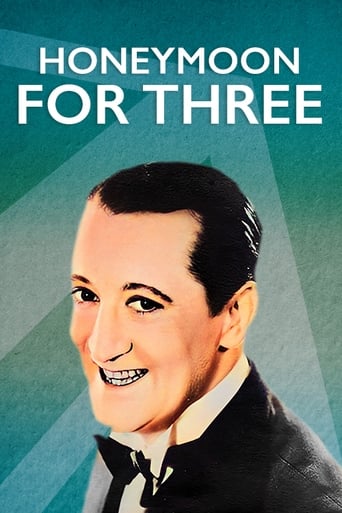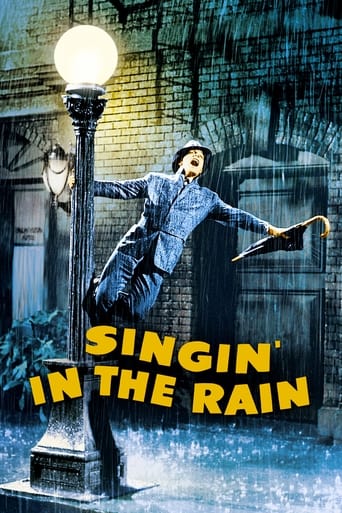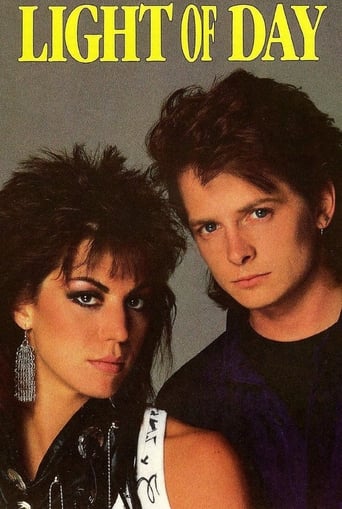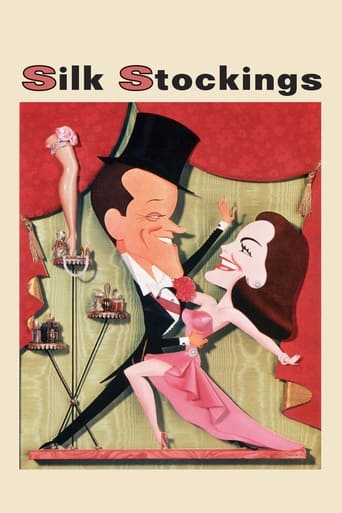
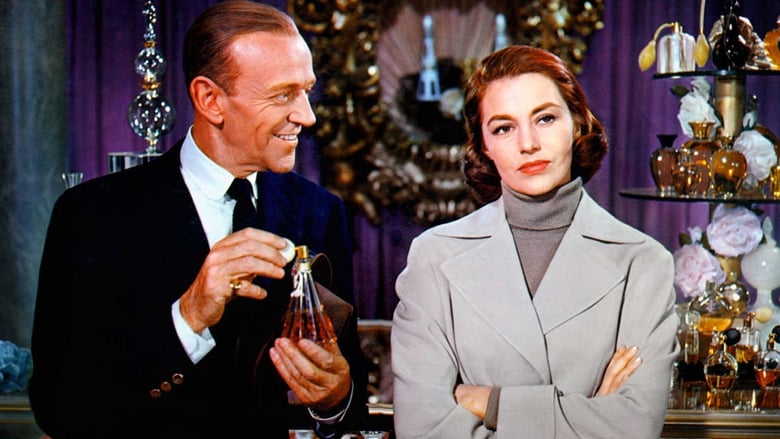
Silk Stockings (1957)
After three bumbling Soviet agents fail in their mission to retrieve a straying Soviet composer from Paris, the beautiful, ultra-serious Ninotchka is sent to complete their mission and to retrieve them. She starts out condemning the decadent West, but gradually falls under its spell—with the help of an American movie producer. A remake of Ninotchka (1939).
Watch Trailer
Cast
Similar titles
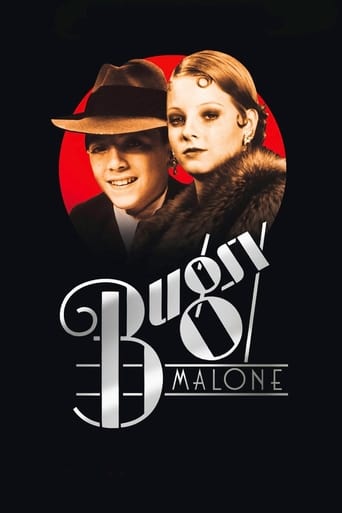
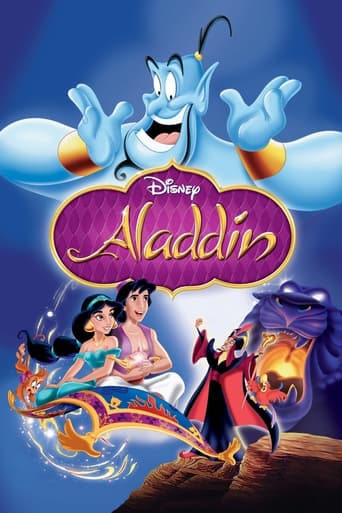

Reviews
Very Cool!!!
I wanted to like it more than I actually did... But much of the humor totally escaped me and I walked out only mildly impressed.
This story has more twists and turns than a second-rate soap opera.
All of these films share one commonality, that being a kind of emotional center that humanizes a cast of monsters.
Copyright 13 May 1957. A Metro-Goldwyn-Mayer picture. New York opening at the Radio City Music Hall: 18 July 1957 (ran six weeks). U.K. release: 1 August 1957. Australian release: 25 July 1957. 10,567 feet, 117 minutes. SYNOPSIS: Hollywood producer in Paris (Fred Astaire) hires long-hair Russian composer (Wim Sonneveld) for his latest trashy musical starring raucous ex-swimming star (Janis Paige), much to the dismay of Moscow commissar (George Tobias). An envoy (Cyd Charisse) is sent to Paris to break the contract and bring the errant composer back home. NOTES: Mamoulian's final film, this re-make of "Ninotchka" (1939) (which starred Greta Garbo and Melvyn Douglas), was M-G-M production number 1709. It started shooting 7 November 1956 and wrapped up 31 January 1957. Negative cost: $1,853,463. Initial rentals gross: a most satisfactory $4,417,753.COMMENT: Dazzling direction by Rouben Mamoulian (one of the few Hollywood artists to use CinemaScope creatively) more than makes up for a somewhat tepid script in this generally lackluster remake of the far more trenchant and much wittier "Ninotchka". The Porter score is reasonably entertaining, yes, but it's not Porter at his ravishing best – not by a long shot. Mind you, the dancing is agreeably energetic nonetheless, but even here our enjoyment strikes a setback in that Fred Astaire is often photographed so unattractively. Cyd Charisse and Peter Lorre also have reason to complain, although Cyd is supposed to look dowdy for most of the time (but is that any reason to make her close-ups so unflattering?), while Mr. Lorre did accept the role knowing full well that he'd be playing the buffoon. Fortunately, the wonderful Janis Paige (who unaccountably disappears from the action for long stretches soon after her great introduction) does have two ebullient solos as well as the rousing "Stereophonic Sound" which she shares with Astaire. The movie is now available on a terrific DVD from Warner which sports some excellent extras, including an interview with Cyd Charisse, plus two marvelous shorts. One of these, "Paree, Paree" (1934), based on Cole Porter's "Fifty Million Frenchmen", demonstrates exactly what is wrong with the overlong "Silk Stockings." In two delightful reels, the short focuses firmly on the songs, rather than the silly story. In other words, the story is just a hook for the songs – which is the way it should be!.
Rarely have I seen my wife and oldest daughter hate a film as much as they hated "Silk Stockings"! I didn't think it was that bad, but I did understand SOME of their feelings. It sure should have been a lot better! "Silk Stockings" is a musical remake of "Ninotchka". Now that is a serious problem, as this Ernst Lubitsch film is a wonderful classic--a film that is very, very hard to top. But the film didn't even come close to the quality of the original for many reasons--though the biggest one is the music. Too often, the romance or comedy of the film grinds to a severe halt when the musical numbers intrude--and they did intrude! Few of the song and dance numbers were that good or had much to do with the film, but the tempo was even more seriously a problem. While the film is a sweet little plot--the songs are often HUGE production numbers. The fit is all wrong. And you know it's a problem when Fred Astaire is totally lost in the process! On top of all this, the characters are way too cartoony and silly to work. Overall, I see no need to see this one considering that "Ninotchka" is light-years better!
With the passing of Cyd Charisse last week at age 86, it's worth seeking out what is probably her finest work on celluloid. As an actress, she was bland. As a singer, she was dubbed (this time by the sonorous-sounding Carole Richards). But as a dancer, she was extraordinary. Along with Vera-Ellen, the ballet-trained Charisse was in the top echelon of the female dancers MGM showcased during the studio's golden years of which this film is one of its final stops. The clearest evidence of this claim can be found in the title tune when she dances with beauty and precision elegantly changing from her drab street clothes into silk and satin. It's a remarkable number, no small feat since her co-star is Fred Astaire. Directed by early musical maven Rouben Mamoulian in what turned out to be his last film, the movie also marks Astaire's swan song as a musical comedy leading man. Symbolically, he smashes his top hat at the end of his final solo number, "The Ritz Roll and Rock". The wear barely shows in his dancing where he pulls off some of his most acrobatic numbers, but other than the professionalism of the two leads, the inspiration seems sadly missing.The film is a partial remake of Ernst Lubitsch's 1939 classic comedy, "Ninotchka" - in fact, some scenes are repeated verbatim - although certain elements have been altered to accommodate Cole Porter's musical score. This musical translation first showed up on Broadway two years earlier, but further revisions have obviously been made to tailor the story to the dancing talents of the leads. Charisse has the unenviable task of stepping into Greta Garbo's shoes as top Soviet envoy Ninotchka Yoschenko, who is sent to Paris to retrieve three lesser envoys swept up by the City of Lights. They had already botched their mission to lure famous Russian composer Peter Boroff back to the mother country. At the same time, American movie producer Steve Canfield wants Boroff to score his next picture, a musical bowdlerization of Tolstoy's "War and Peace" starring comically curvaceous Peggy Dayton, a parody of an Esther Williams-style swimming star whose been in the pool too long. As Dayton uses her feminine wiles to entice Boroff, Canfield tries to seduce Ninotchka, a far frostier proposition though the eventual thawing is inevitable. Porter's music has that effect or so we are led to believe.Playing another variation on the worldly photographer he played in the same year's "Funny Face", Astaire is still at the top of his game, but his dance numbers are less elegant and appear markedly shorter than usual here. Charisse cannot compare to the legendary Garbo when it comes to line readings as a stoic communist. However, her dancing truly transcends not only the title tune but also "The Red Blues", an impressive ensemble number showcasing Charisse in a variety of dance styles, and the two duets with Astaire to "All of You" - the first a romantic defrosting of Ninotchka and the second a jauntier, rhythmic pas-de-deux. I wish the rest of the film was as good, but sadly, the energy wavers and the pacing flags during its 117-minute running time. The rest of the cast is serviceable, in particular, Janis Paige on familiar ground as Peggy (nicely paired with Astaire on the energetically cynical "Stereophonic Sound") and George Tobias as the deadpan Soviet commissar. Peter Lorre ("M") and Jules Munshin (Ozzie in "On the Town") show up as two of the bumbling envoys. The 2003 DVD has some interesting extras beginning with a ten-minute featurette featuring a 2003 interview with the still-elegant Charisse in "Cole Porter in Hollywood: Satin and Silk". Because of the Porter tie-in, there is also a 1934 Bob Hope short, "Paree, Paree", a silly musical comedy with Hope wooing singer Dorothy Stone. Also included is the original theatrical trailer, as well as "Poet and Peasant Overture" with Alfred Wallenstein conducting the MGM symphony orchestra playing the Franz Von Suppe piece as an overture to the movie.
I watched this to see Fred Astaire dance and Cyd Charisse to smile and show off her legs and dancing talents. I got very little of the above. Astaire, as "Steve Canfield," sang a lot more than he danced, and his singing was always "fair, at best." Charisse's character, "Ninotchka Yoschenko," mostly pouted throughout the film and spoke with a stupid accent, not exactly appealing. It also takes away from the film when you know someone else is singing, not her! To be fair, some of their work here together just makes you marvel at them. Perhaps another look - this time with a CinemaScope widescreen DVD picture, - would make me appreciate this movie more.This is a musical remake of the 1939 Greta Garbo film "Ninotochka." I don't think either is all that great but given the choice to watch either again, I'd take the Garbo film, even though it's always good to watch Astaire and Charisse stepping out, so to speak.
